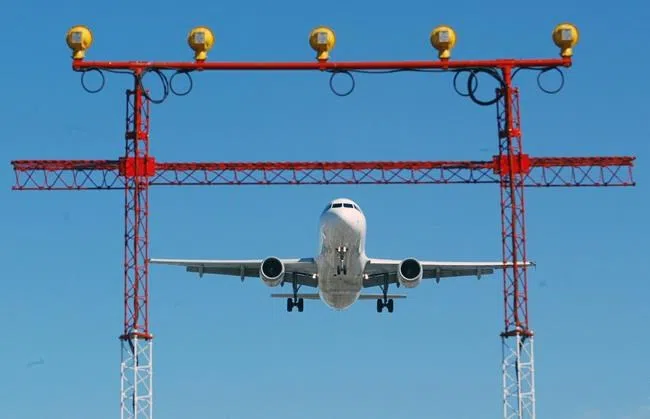
No flood of extremist returnees to Canada expected, federal report says
OTTAWA — There has been no surge of extremist travellers returning to Canada, despite the overseas setbacks suffered by militant forces in Iraq and Syria, a new federal report says.
The annual report on the terrorist threat to Canada says a wave of returnees is not expected because many who went abroad now lack valid travel documents, find themselves on a no-fly list or fear being arrested on Canadian soil.
Others want to stay and continue helping extremist groups, have been captured or have died.
As members of the Islamic State of Iraq and the Levant scatter, the Liberal government has come under pressure to explain what it is doing to contain any threat from foreign fighters returning to Canada.
